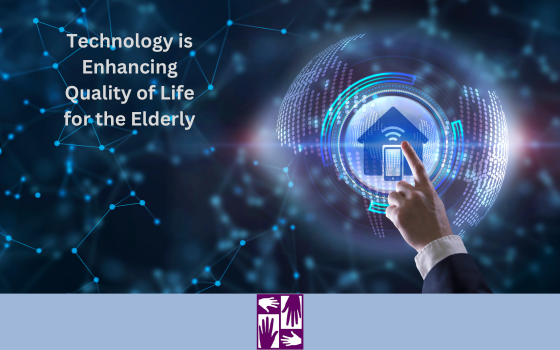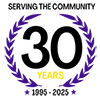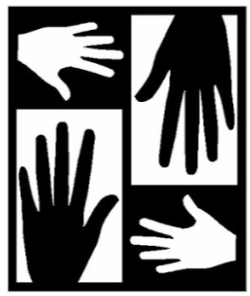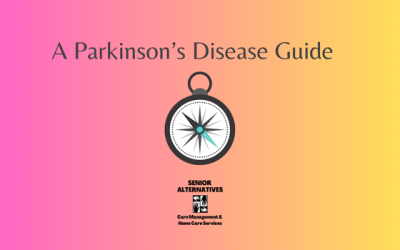April 19, 2024

– In the context of aging and caregiving, one increasingly important topic is the use of technology to enhance the quality of life for the elderly and ease the burden on their caregivers. Smart home technologies, personal emergency response systems, and telehealth services are becoming critical tools in supporting the independence of older adults. These technologies can monitor health, improve safety, and facilitate communication between aging parents and their caregivers. Implementing such solutions can help caregivers manage their responsibilities more effectively, ensuring their loved ones stay safe and comfortable in their own homes for as long as possible. Additionally, these advancements offer peace of mind for both the caregivers and their aging family members, promoting a more positive and manageable caregiving experience.
Among the technological innovations beneficial for seniors, wearable health monitors stand out for their efficiency in enhancing elderly care at home. These devices vary widely, with some focusing on fitness tracking, such as step count and heart rate, whereas others are more sophisticated, monitoring vital signs like blood pressure, oxygen levels, and even detecting falls. Brands like Fitbit, Apple Watch, and Garmin offer features tailored towards health monitoring, integrating emergency SOS alerts that contact caregivers or emergency services when unusual patterns are detected. More specialized wearables, such as Vital Link, are designed specifically for older adults, offering fall detection and one-touch emergency assistance. These wearables not only empower seniors with better control over their health and safety but also reassure family members and caregivers about the well-being of their loved ones, ensuring prompt assistance is available when needed.
GPS locators have emerged as a crucial tool in alleviating some of the challenges faced by individuals with dementia and their caregivers. These devices significantly enhance the safety of someone with dementia by providing real-time location tracking, which is invaluable if the individual wanders off or becomes lost. Technologies such as smartwatches or specialized wearable devices equipped with GPS functionality enable caregivers to monitor the whereabouts of their loved ones at all times. This capability not only grants caregivers peace of mind but also fosters a sense of independence for the person with dementia, allowing them to engage in outdoor activities without the constant fear of getting lost. Furthermore, some GPS devices offer geofencing features, where caregivers can set safe zones and receive alerts if the individual exits these designated areas. This feature ensures a prompt response in potentially dangerous situations, further securing the safety of individuals with dementia.
Tablets and platforms like Zoom have revolutionized the way seniors connect with their families, especially in times when physical visits may not be feasible. Tablets, with their intuitive touch-screen interfaces, make it easier for older adults to use technology, overcoming barriers that might be presented by more complicated devices. Video calling through apps like Zoom allows seniors to participate in family gatherings, witness milestones, and maintain their social connections without leaving the comfort of their homes. This digital interaction not only combats loneliness and isolation but also contributes to the mental well-being of seniors by keeping them mentally stimulated and emotionally engaged with their loved ones. Furthermore, the simplicity of tapping a screen to start a call means even those who are not tech-savvy can stay connected with ease, making it a vital tool for bridging the generational technology gap.
In addition to these communication tools, smart home devices like Amazon’s Alexa have greatly enhanced the living environment of seniors by simplifying the control of household features such as lighting and thermostats. With voice-activated commands, seniors can effortlessly adjust the lighting in their homes or change the thermostat settings without having to physically move or fiddle with small, often confusing buttons. This not only makes daily tasks more manageable but also helps in preventing accidents related to falls or strains from trying to reach switches or controls.
Despite the clear benefits technological advancements provide for seniors and their caregivers, widespread acceptance and utilization of these tools remain pivotal challenges. Bridging the digital divide involves not just access to technology but also fostering a culture of digital literacy among the elderly. Educational programs tailored to seniors, focusing on the operation and benefits of modern devices and software, could greatly enhance their comfort and confidence in using technology. Equally, caregivers require support to integrate technology seamlessly into their caregiving routines, ensuring they can utilize these tools to their maximum potential. Therefore, it is imperative for communities, tech companies, and healthcare providers to collaborate in promoting technology adoption among the elderly and their caregivers. By doing so, we can unlock the full potential of these innovations, providing a more secure, independent, and connected life for our aging population.
To explore how technology can enhance the caregiving experience and promote independence for loved ones, we invite you to schedule a free consultation with our team. This is your opportunity to ask questions, express concerns, and learn more about the potential of these innovations to make a difference in your life and the life of elders around you.
To schedule a free 45 minute consultation about elderly healthcare related issues, reach out to us @ 888.451.4290.
We are here to help you navigate the challenges of aging.
Related Articles
Boost Cognitive Function Through Brain Exercises
Just like the rest of your body, your brain changes and adapts over time. Through a concept known as neuroplasticity, your brain can form new connections, strengthen existing ones, and even recover lost abilities. Regular mental exercises can have a significant impact on your brain health. Read on to know more…
Why People in Blue Zones Thrive and Live Longer
Blue Zones are regions where people live longer, healthier lives compared to the global average. These areas have been studied extensively to find common denominators and answers about what makes these places unique. One of the key components of these lifestyles is community engagement, or having a strong sense of belonging and support from others. Read on to know more about Blue Zones and how we can duplicate their lifestyle and best practices.
Understanding Parkinson’s Disease
April is Parkinson’s disease awareness month, with that in mind we put together a blog





